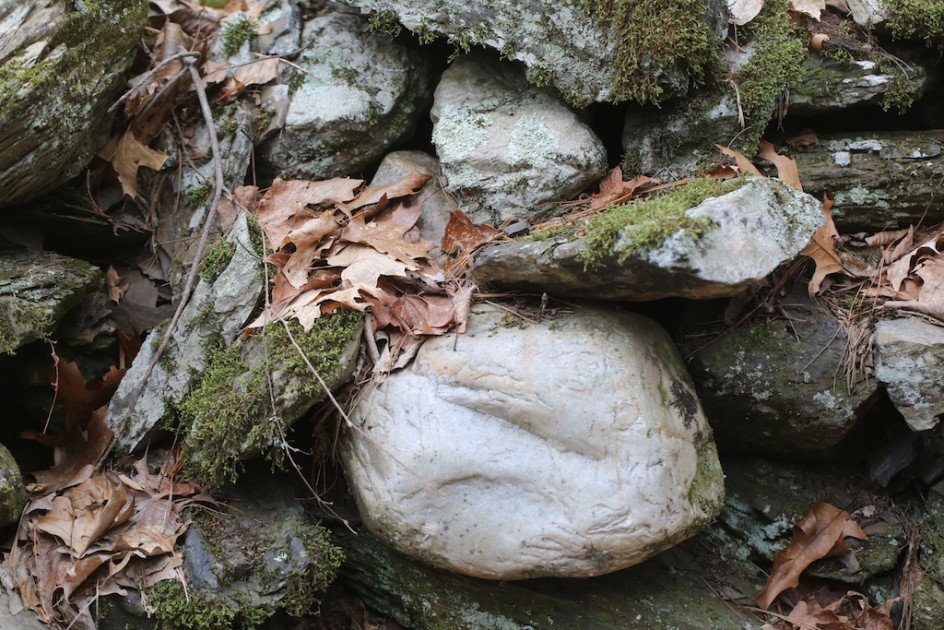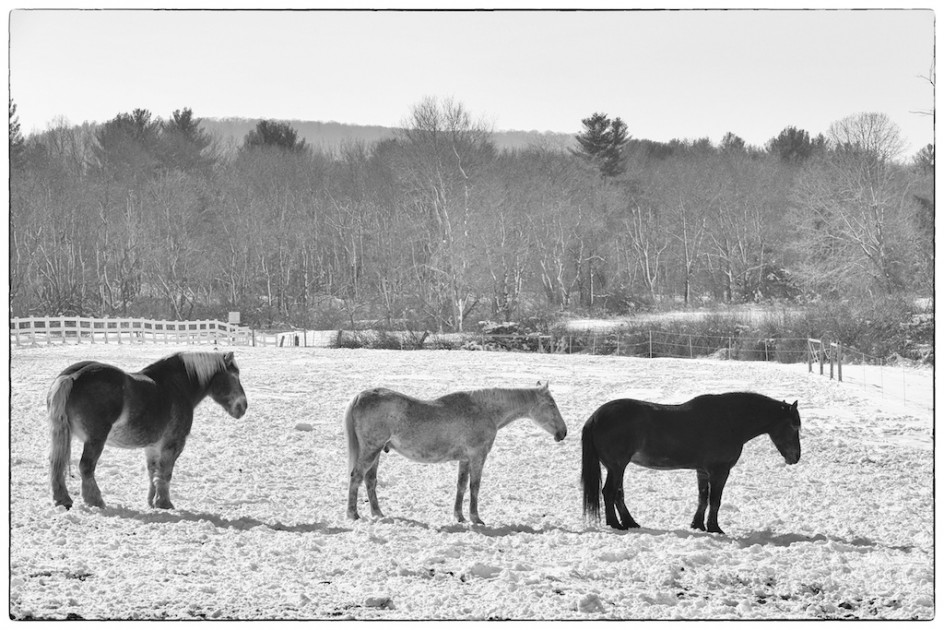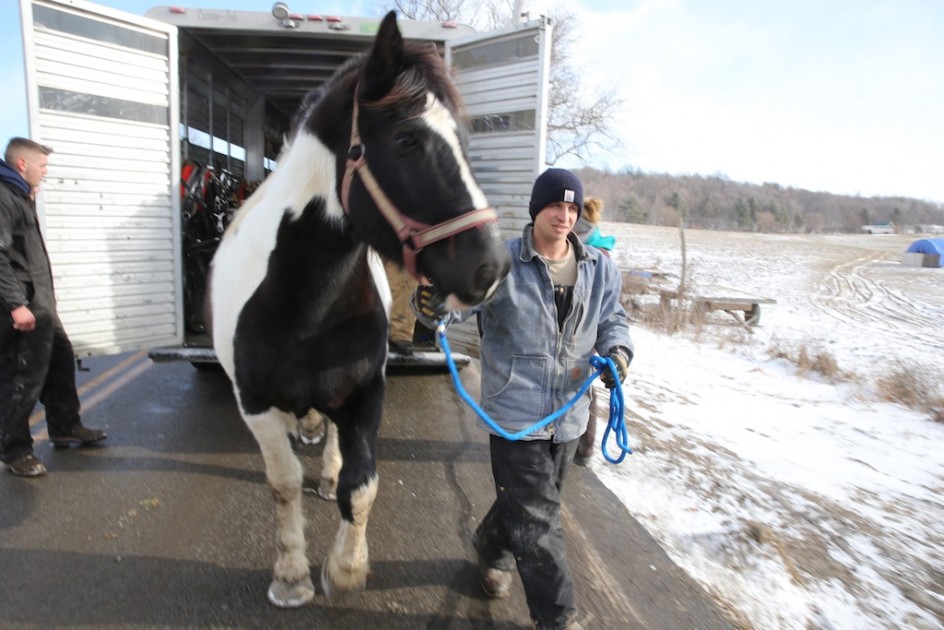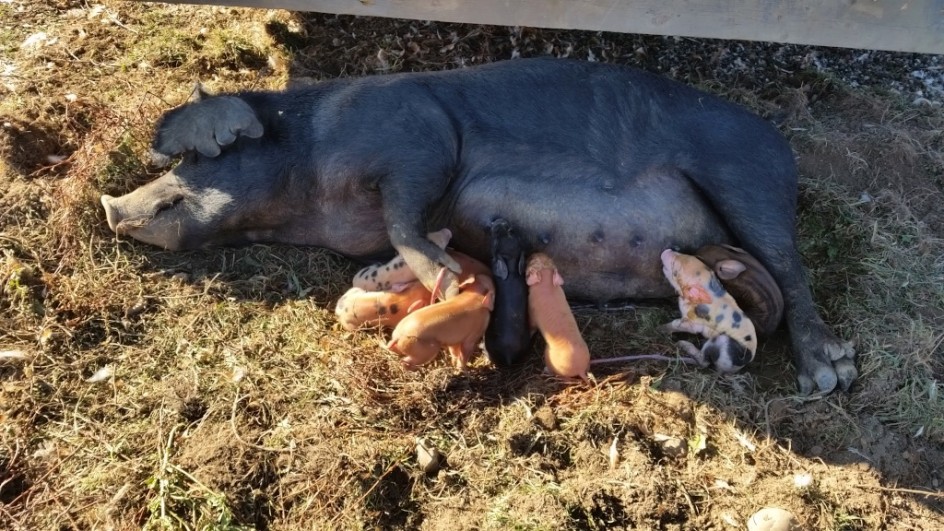
“Accident: An unfortunate incident that happens unexpectedly and unintentionally, typically resulting in damage or injury.” – The Oxford Dictionary.
In one sense, it is difficult to believe the stories of the howling mobs of animal trolls who descended on the Cincinnati Zoo in outrage over the killing of their 17-year-old gorilla, Harambe in order to save a three year-old boy. The zookeepers were heroes in every sense of the word.
The response is digital outrage, of course, not the same as the real thing, it is perpetrated by unbalanced outrage addicts who hide safely beyond their keyboards.
Blame the mother, blame the zoo. But by all means, blame someone. In this world there is no such thing as life or accidents.
Thousands of people are demanding that the mother of the boy be criminally prosecuted for neglect, that there was no reason to kill the gorilla, that the zoo be boycotted or even prosecuted for killing the gorilla, whose name was Harambe.
That they know nothing about gorillas or were not present when life-and-death-decisions had to be made by highly trained and professional experts no longer seems to matter in the universe of outrage and second guessing.
We have lost perspective when it comes to understanding animals. Day by day, we are driving them into extinction and out of our lives by a warped and profoundly unknowing sense of what animals are like and what their true rights are.
In Vermont, on July 6 (3 p.m., Room 2, Rutland, Vt. Criminal Court), an excavator and animal lover and rescuer and a local hero after Hurricane Irene named Craig Mosher will be arraigned on criminal charges of involuntary manslaughter after his bull Big Red escaped and was hit by a car driven by a man who died in the collision.
Mosher faces one to 15 years in prison if convicted.
Even a few years ago, both of these responses would have seemed bizarre, even unthinkable, but in the animal world, the bizarre and unthinkable are becoming commonplace. In this Orwellian mindset, there are no accidents, there is no such thing as real life, every mishap involving every animal must result in blame and prosecution.
There is not a farmer or animal lover in the world whose animal has not escaped at one point or another and for one of a million reasons. Just think of your dogs or the other dogs (or cows) that you know. There are not enough jails to hold us if each escape is now to be considered a crime. The impact on farmers would be devastating, from their inability to rent land to insurance and fence costs. When you go to pick up your dog, put your lawyer’s name in your wallet.
Some prosecutor or clueless mayor somewhere is ready to make a career out of you and your bad luck.
Accidents are an integral part of life, especially with animals, and if there are to be no accidents involving animals, only accusations and blame when our animals get into trouble, then there will soon enough be no animals and no people daring or rich enough to own one.
It is frightening to think of what it would take to create a world with animals where accidents are always preventable and never occur.
Strident animal rights groups and those cowardly mobs online are insuring that fewer and fewer people – dog and cat lovers, horse and pony lovers, zoos and farmers – will keep animals, permit them to be in plain sight, expose themselves to the growing and insanely hysterical cultural and legal dangers of owning them.
The process of loving and living with an animal is being criminalized, mostly by the ignorant and the angry, people who seem to know nothing about how animals or what they really need. Expertise and science are ignored or rejected, everyone with a computer becomes a soldier in the new army of second-guessing, righteousness and self-serving superiority.
In a world where people face accidents of all kinds every now, there is now a movement to make it a criminal offense for an animal to have one.
Do not believe for a minute as Craig Mosher fights to stay out of jail that this can only happen to them. If it happens to them, it can happen to you.
Have we really lost the idea that trained professionals, like the zoo keepers in Cincinnati, or the vets who inspected the carriage horses, or the police chief who has known Craig Mosher for years, might have more judgment and expertise than we do, sitting on our widening butts in front of distant commuter screens, spewing outrage and judgement?
How sad.
Are we embracing the disturbing idea that we and our animals can live in a world without risk, where we all barricade ourselves behind concrete and barbed wire fortresses and talk to our lawyers and rage on our Facebook pages and hide from the world so that we never risk a secret informer or an overreaching prosecutor?
The history of people and animals is full of adventure and risk and surprise, it is an almost sacred and often private contract. Humans and animals have been living and working together for all of human history, this ancient bond is in danger of being disrupted by lawyers and politicians and people who claim to be for the rights of animals but are not.
The people clamoring the mother of the Cincinnati boy to go to jail are no friends of animals, or of the human animal bond. That requires thoughtfulness and perspective, love and understanding. There is none of that in the raging rants online.
In New York City animals rights groups are spending millions of dollars to pull happy and healthy horses out of the city so they can be sent to slaughterhouses or exiled to rescue farms.
In Santa Monica, Calif, a much respected and loved operator of pony rides was driven from her long-held and popular place int the Farmer’s Market because a local politician and animal rights activist decided – in the face of two different and thorough police investigations – that it is torture and abuse for ponies to give rides to children.
This activist also poured through the pony ride operator’s Facebook page – and accused her of being an alcoholic gun-toting racist. The accusations were false and outrageous.
Instead of sticking up for Tawni Angel, who took excellent care of her ponies and was much-loved for her rides, the City Council panicked and ran. “The time for pony rides has passed,” said one City Council member sadly Really? I wonder where it was that animal lovers got to vote on that, or whether we will ever have a say in it.
In Glenville, N.Y., a young farmer named Joshua Rockwood was arrested and nearly lost his farm when it was raided by the police, who charged him with animal cruelty because his water tanks had frozen in -27 degree temperatures.
A farmer in Oregon was raided by the police because a secret informer in the animal rights movement – one of many – saw a horse lying down in a pasture and called the authorities, convinced the horse was being starved or abused. The farmer spent thousands of dollars and much lost labor getting his horses back, even though he was not convicted of any kind of wrongdoing.
The list of victims – animals and human – of the new idea of rights for animals – is growing longer all of the time. But the response to the Cincinnati tragedy is perhaps the most shocking, even at a time when outrageous ignorance and loss of perspective about animals is becoming routine.
How did this happen? A number of reasons. One is that lawsuits and an avalanche of animal rights sponsored bills and laws have made the ownership of animals increasingly fraught, potentially expensive, even dangerous. Everywhere, people are having to fight to keep animals and to adopt them, even to buy them. Everywhere, notions of abuse and humane treatment are changing so rapidly and in such an arbitrary way that owning an animal is becoming a very difficult and risky thing.
That is horrific news to the endangered animals in our world, fighting for survival.
Elephants that have entertained human beings for thousands of years, are now seen only as victims of human cruelty and greed, they are being driven out of their work in circuses and with people and into extinction or oblivion. No one seems to know or care that there is no place for them to go when they are finally driven from the circuses. Or acknowledge that entertaining and uplifting human beings is a sacred tradition in many parts of the world, and a major opportunity for animals to stay among us.
For centuries, the experience of living with and working with animals was commonplace, a part of life in our world. As we have become increasingly disconnected from nature and the real lives of animals, animal lovers and farmers a wall of ignorance and hysteria has risen up. It is a jaw-dropping idea to me to read that countless number of people – they call themselves animal lovers but are essentially lovers of self and rage – believe the zoo keepers ought to have risk a horrible death for a 3-year-old boy rather than take the decisive and and utterly defensible steps to take his life.
No animal lover I know believes that an animal’s life is worth more than the life of a small child.
Or that the child’s mother ought to be charged with criminal offenses (like Craig Mosher, the bull owner) because of an accident that no one foresaw and no one could have prevented other than by stanying home, locking the doors and hiding in the basement all day). Or deciding that rescuing a bull in need of a home was worth the risk.
It was a profound tragedy for animals and for people when the animal rights movement, a liberation movement of the 1970’s, decided that animals ought to be given the same rights of people and to be seen as equal to humans in every way. I suppose if you believe this than Harambe ought to have been saved and the zoo keepers ought to have stood by and watched while a three-year-old was (possibly) mauled to death while his mother watched.
At the core of this is ignorance as well as arrogance. Many of the enraged posters on Facebook yesterday, our newest digital mob, do not seem to know that tranquilizer darts take a long time – 3 to 10 minutes in most cases – to take effect and if Harambe got angry or upset, the boy was unlikely to have survived the time it would take for the agitated gorilla to have felt the effects of the tranquilizer.
The people screaming for human blood on Facebook do not know a thing about gorillas.
The animal rights people in New York City do not seem to know that the horses in the carriage stables are the luckiest horses on the earth, among the best cared for, healthiest and longest-living. They don’t know that working horses love and need to work with people. So do ponies, some elephants, and many kinds of dogs.
The police who raided Joshua Rockwood’s farm did not know that water tanks freeze in bitter weather, that is not animal cruelty, that is life. They could have arrested half the farmers in the Northeast.
The prosecutor in Rutland, Vt., did not understand that accidents are a commonplace, expected and inevitable part of living with livestock. A thousand things can happen to fences, and no farmer can monitor them every minute of every day. No farmer with animals has escaped this experience, including me and everyone I know.
The people who make decisions about animals in our world need to know something about them, that is the least they are owed, one of their most basic rights.
Animals are a metaphor for our culture, a window of our society and its values.
At a time when half of the animal species in the world have vanished, according to the World Wildlife Fund, our lawyers, politicians and animal rights activists are moving steadily towards a world where it is unwise or impossible to live with animals. Remember, if it is a criminal offense, for the owner of an animal to have the escape and end up harming someone, it is a criminal offense if your dog or cat runs into the road.
I plan to do everything I can to bring a different kind of mob to the Rutland Court next week. Ordinary people, civil people, respectful people. The world of the real animal lover – the people who know people and animals best – are awakening. They are no seeking to disrupt proceedings or call people ugly names. They want to keep animals in our world by preserving the very idea of the accident, long a staple of the human experience, and of the human animal bond.




